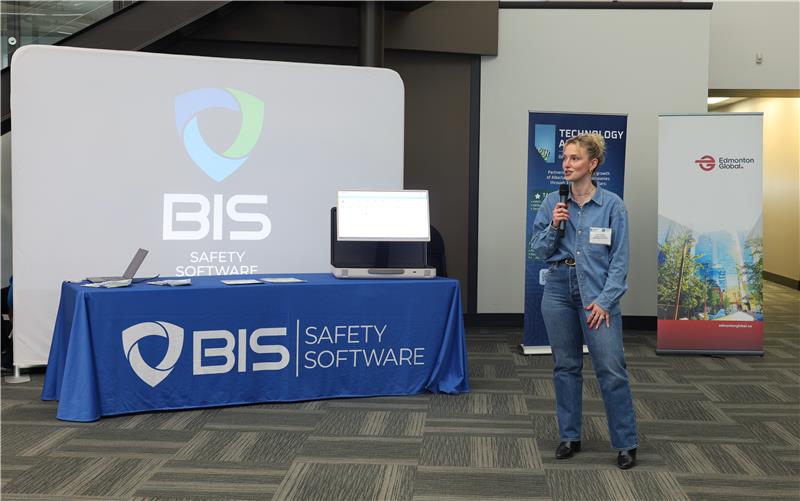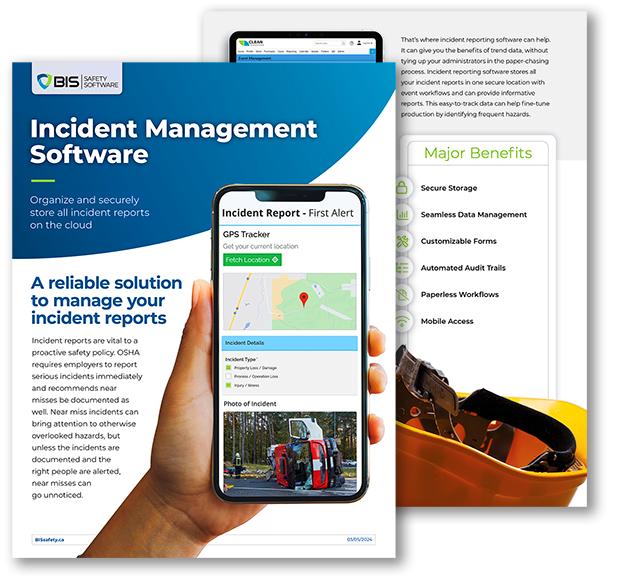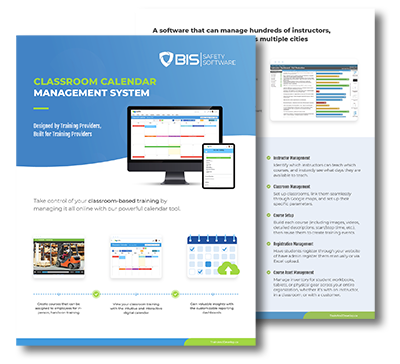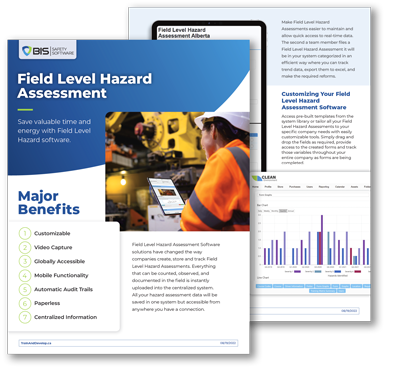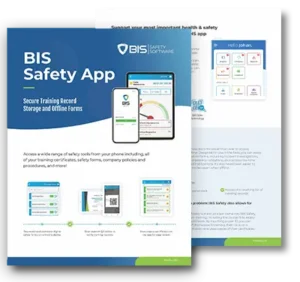BIS Safety Software
Overview of Process Safety Management (PSM)
This course offers a comprehensive look at the elements of Process Safety Management (PSM), as outlined by the U.S. Occupational Safety and Health Administration (OSHA) PSM Standard (29 CFR 1910.119) and the U.S. Environmental Protection Agency (EPA) Risk Management Program (RMP) Rule (40 CFR 68). It aims to reduce chemical accidents and manage the release of hazardous chemicals. The course aids participants in understanding these 'performance-based' regulations, and in designing and implementing effective PSM programs for covered processes. While the focus is on regulatory compliance, the course encourages fostering a safety-focused culture and adhering to inherent safety principles. Whether experienced professionals or beginners, participants will be prepared to not only comply with regulatory requirements, but also to foster a strong safety culture, encourage continual improvement, and apply industry best practices.

This course offers a comprehensive exploration of Process Safety Management (PSM) principles as outlined by the U.S. Occupational and Safety Administration (OSHA) PSM Standard, 29 CFR1910.119, and the U.S. Environmental Protection Agency (EPA) Risk Management Program (RMP) Rule, 40 CFR 68. These were established with the intent to minimize chemical accidents and manage the release of highly hazardous flammable and toxic chemicals. This course will guide you through interpreting these ‘performance-based’ regulations and developing and implementing a PSM program for a process under the purview of the OSHA PSM regulation and the EPA RMP rule. Participants will gain insights on ensuring your PSM program meets regulatory requirements and is implemented through an effective management system to enhance business performance. Discussions will also cover impending changes and their status in the rule-making process, to better prepare you for future revisions. This course extends beyond mere regulatory compliance, and covers concepts on fostering a culture of safety, metrics for continual improvement, and principles of inherent safety. Participants will be privy to industry best practices and lessons learned.
Course topics:
- Introduction to PSM
- What is Process Safety?
- Personnel Safety vs. Process Safety
- History of Accidents (e.g., Flixborough, Seveso, Bhopal, Mexico City, Pasadena, Texas City)
- Performance Based and Prescriptive Regulations
- Covered Processes and Applicability of PSM
- Elements of PSM
- Employee Participation
- Process Safety Information
- Process Hazard Analysis
- Operating Procedures
- Training
- Contractors
- Pre-Startup Safety Review
- Mechanical Integrity
- Hot Work Permit
- Management of Change
- Incident Investigation
- Emergency Planning and Response
- Compliance Audits
- Trade Secrets
- Process Safety Program Requirements
- Final Quiz
Approximately — 240 minutes
80 Pass mark
Certificate of completion.
Course Details
Course Length
This course will take roughly 240 minutes
Passing Mark
To pass this training course, you need to score 80% or higher on the quiz
Certificate
Upon the successful completion of this course a certificate with your name will be stored on your profile and available to print
Additional Training Courses

Integrated Systems – Achieving Organizational Excellence
Ever wondered how to weave together compliance, risk management, leadership, and culture systems to ensure a safe work environment? This course on Integrated Systems...

Gestión de seguridad de procesos (PSM) (US)
Este curso de PSM es una excelente oportunidad para supervisores, gerentes y otros trabajadores que deseen familiarizarse con los fundamentos y las directrices clave...

Suspended Scaffolding Safety in Construction Environments
This digital course on Suspended Scaffolding Safety in Construction Environments enables institutions to adhere to OSHA's Scaffolding regulations (29 CFR Part 1904).







